Throughout our life, we have a story or two or tell. Life can be full of surprises, and sometimes it does not go your way. Even though life can sometimes be challenging, it is still worth living for many reasons. Here are some of the biggest life realizations I learned by 20.
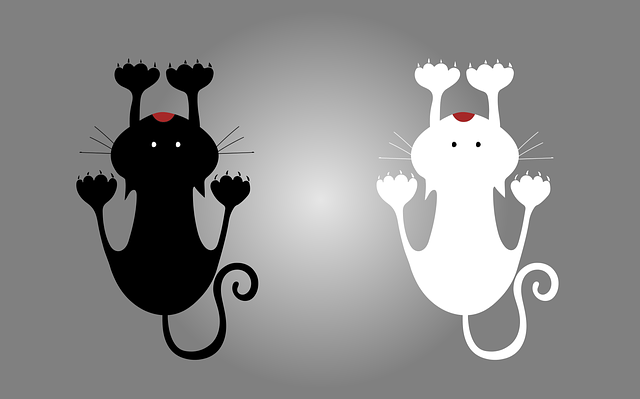
Biggest life realizations: My black-and-white thinking held me back in so many ways
Black-and-white thinking or all-or-nothing thinking means that you tend to think to its extreme. It prevented me from trying harder, negatively impacted my relationship, and made me overly self-critical.
I am unsure where I learned this, but my black-and-white thinking habit may be related to the culture I grew up with or a habit I learned from my parents.
Regardless of the cause, this way of thinking also made me hard to grasp the concept of making progress.
A few instances in my life:
- If I only let myself feel happy if I achieve an A score. I did not appreciate my efforts in those classes with a B score.
- There were times when I thought – “I am the best” or “I am the worst,” with no in-between.
- When practicing piano, if I can’t memorize a specific part of the song within a few hours, I’d stop practicing and label myself “not talented enough.”
I expected myself to succeed when I had just started.
I used to think – it was either 100% or 0%, good or bad. Either I succeeded or failed. Either get this done 100% all at once, or don’t even try.
As I got older, I realized there was somewhere in the middle. It is not 0 or 1. And somewhere in the middle is better than somewhere in the beginning.
Admittedly, being exposed to white culture (and my interaction with my fiancee, Josh) helps me to realize that life is filled with shades of gray.
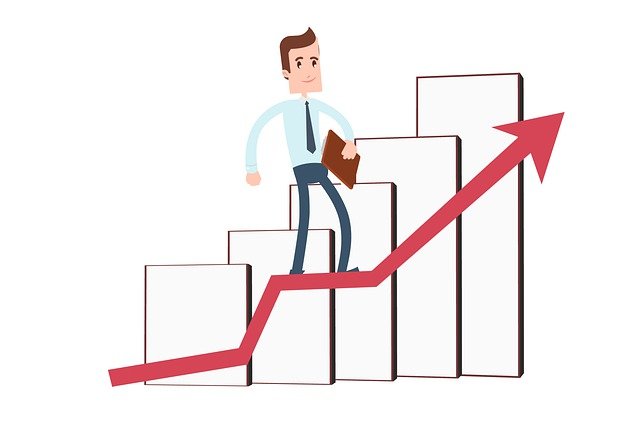
Progress makes me happy.
Because of my way of thinking to either succeed or not, the concept of progress did not register in my head.
And because I did not understand the concept of progress, I rarely savored my small achievements, resulting in a lack of self-confidence.
There were times when I attached my identity to my achievement, particularly when I was younger. This results in unstable self-worth and conditional self-love. I only love myself when I achieve something.
However, I started to contemplate my past achievements. I’ve achieved some of my life dreams, but those moments lasted only a few days and probably weeks at the longest.
For instance, there was a moment when I felt super stressed about my school tuition. After finding a graduate assistantship with a full scholarship, I was finally able to relax and feel peaceful at the moment. But then, soon after that, I found another problem in life.
I learned that tying my achievement with my self-worth and happiness is a sure way to live a miserable life.
Focusing on the goals is good, but focusing too much removes my joy of living in the present moment.
Then I thought, will I be happy if I make more money? Will I finally be happy after I achieve Financial Independence? Money, for sure, can reduce the unhappiness part of my life, which further increases my happiness level.
But I don’t want to let my happiness be dependent 100% on money – what would happen if I got sick and had to pay high hospital bills? If money were my primary measurement of happiness, I would be miserable.
I occasionally went on Reddit and the team blind app. Strangely enough, I found many depressed and unfulfilled high-paid software engineers who make 250k+ in the tech industry. These findings probably suggest that while having FU money is a nice option, money is not everything.
Then what will make me happy? Little things in life, such as eating delicious food, walking in the park, and hanging out with my family, make me happy, but I knew there was always that void that slightly bothered me.
I went on a quest and tried out different things.
I learned that two of my favorite activities are making music and creating data visualization.
When I am “in the zone,” I feel happy and less worried. I get excited to learn new techniques and apply them in my work.
I am happy when I am in control and making progress towards things that I care about.
I teared up on one occasion after finishing a piece of the song.
I am bad at predicting what makes me happy.
In high school, I dreamed of living in the US. I thought I would be happy once I made my dream come true.
But after successfully going through many difficult processes, from getting a student visa, jobs, work sponsorship, and finally a permanent residency, I thought I would be happy and fulfilled with my life. But the truth is far from that.
I found myself climbing the wrong ladder and miserable. I hate spending an hour commuting, working on a project I don’t care about, with people I don’t respect.
The majority of people probably don’t know what makes them happy. It is perhaps a good idea to start testing some ideas, what you think you want, and you may get more clarity as you test those ideas.
For instance, I thought I wanted to be a data scientist. After spending three months developing a predictive model, I realized I love the data exploration and visualization part of it but not so much on the deep statistics side. So, I ended up becoming a product data scientist instead.
Testing the ideas will allow you to learn about your fantasy and goals quickly. You may learn that the dream you used to fantasize about is not a fit for you, so you can pivot your dream into something else that’s more aligned with your interest.
Chances are you will still be happy(er) even though you are not there yet. Because you will make progress and feel proud of yourself that you are trying.
According to psychology, three factors make people happy:
- Relatedness – feeling connected to others.
- Competence – experiencing mastery.
- Autonomy – having the freedom and the ability to make your own choices.
I found this matches my experience. I am a lot more content in what I do currently because I have the three elements in my work (and life).
Compared to where I was before as a software engineer, where it only meets one element (competent), I almost have no control over the project I’ll be assigned to and don’t feel connected to the project I was working on.
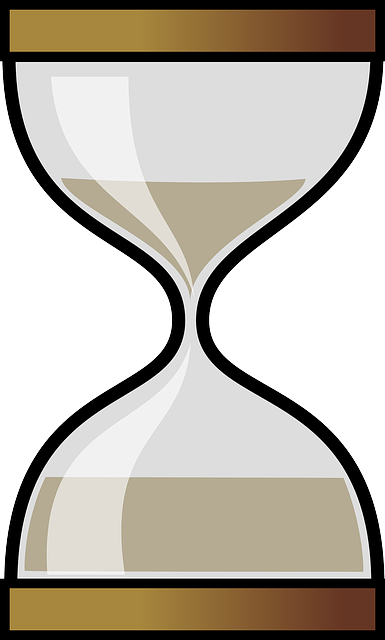
20 minutes is a long time
There were many times when I delayed my task because I told myself I did not have enough time. I would think, “I don’t have enough time; I’ll do it tomorrow.”
After working on my music composing skills, I came into a light-bulb moment. Those melodies that I produced only took less than 20 minutes. In many cases, it does not sound too great. But I always come up with something within 20 minutes. If I repeat it ten times or more – I can usually come up with something ok.
Even though you don’t finish the task within 20 minutes, you will be much further ahead than 20 minutes ago (obviously, duh). And because of the cliffhanger effect, your brain may develop more ideas and develop a need to get that thing done.
So when you start telling yourself that you won’t have enough time, remember the cliffhanger effect and that you can make good progress in 20 minutes.
Because of the cliffhanger effect, your brain may come up with more ideas and actually develop a need to get that thing done.
Done is better than perfect.
I learned this concept from the Big Magic by Elizabeth Gilbert. It is a great book to read for someone who wants to pursue an art career.
Often, our perfectionism holds us back from reaching our potential. If getting started is difficult, sometimes finishing the task is even more difficult, yet it is one of the most important steps.
I got caught up on this when working on my music project. Sometimes I got disappointed with the sound and just gave up because I lost interest. If I had followed through, I would have created more music than I have today.
However, I have gotten better with this concept with my analytic dashboard project. There were plenty of times when I had to let go of my perfectionism and visualization ideas to meet my deadline. Otherwise, I have to work late. The time I spend perfecting my project usually has little or no impact.
As a result, clients appreciate my work and trust that I’ll deliver on time.
Here are a few reasons to do this:
- You will learn and improve your product faster. This concept is applied in software engineering (Agile method) – where you have to release the project/prototype every iteration and get customer feedback. This way, software engineers and product analysts can quickly shape the product into something customers want.
- You get the result. When you look back in the next month or year, you’ll be glad that you have started and finished it.
- In most cases, you can still fix and add new things later. Most of us don’t deal with life-or-death situations.
Investment-wise, buy low whenever you can
One of my biggest financial mistakes is not buying more shares during the Covid-19 recession. I have plenty of cash, yet I was so focused on other stupid things, such as buying toilet paper 🤦.
Part of it is because of fear that the stock market will never return. Even though I understand the history that the market will always return and set a new highest price, this does not eliminate my fear.
The regrets only happened several months later, and it clicked when I saw how much I had missed.
There are plenty of unqualified leaders out there.
Some managers can micromanage, and other leaders might abuse their power. They know you need the job, so they treat you like crap.
Bad managers can often be detected through interviews and colleagues’ opinions. If you get a bad vibe or they are answering your answers vaguely – this could be a bad sign.
But there are more subtle cases like mine – where my boss seems to have a dual personality. He can be nice in person but snap at me when he is in a bad mood.
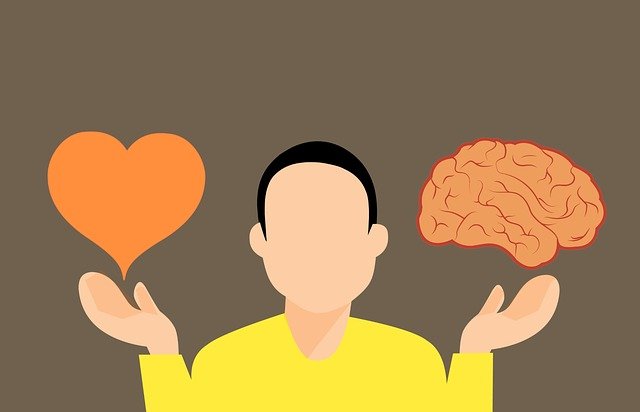
My decision today impacts where I will be tomorrow
As overwhelming as it sounds (or liberating), a decision that seems insignificant can impact your future.
When I made the career transition, I applied for a job I was not 100% qualified for. I hesitated at first, but I counted 5,4,3,2,1 and just did it. Maybe I got lucky, but it turned out that I got an offer.
That decision leads to where I am today. If I did not take a leap of faith, I would probably still be in my old career and wonder what if I make a career change.
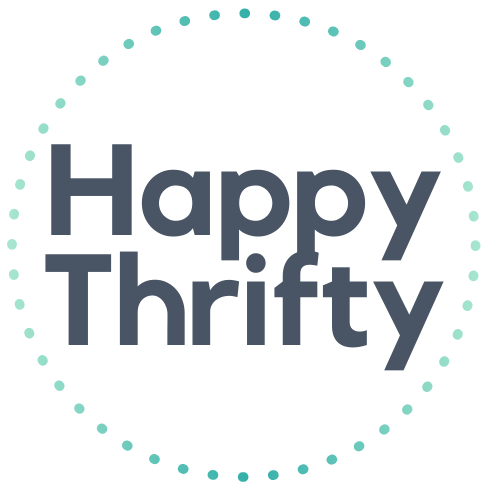
Vi, a software engineer with a keen interest in personal finance, had planned to retire once she reached her lean FI/RE (Financial Independence/Retire Early) goal. However, after achieving the goal, she took few months of a mini-retirement filled with travel and adventure and decided to continue her career.
For the past five years, Vi has been using Personal Capital (Empower), a free financial tool. Her favorite features include the dashboard for net worth, allocation, and planning, which help track her FI/RE goal and keep those investment fees in check.